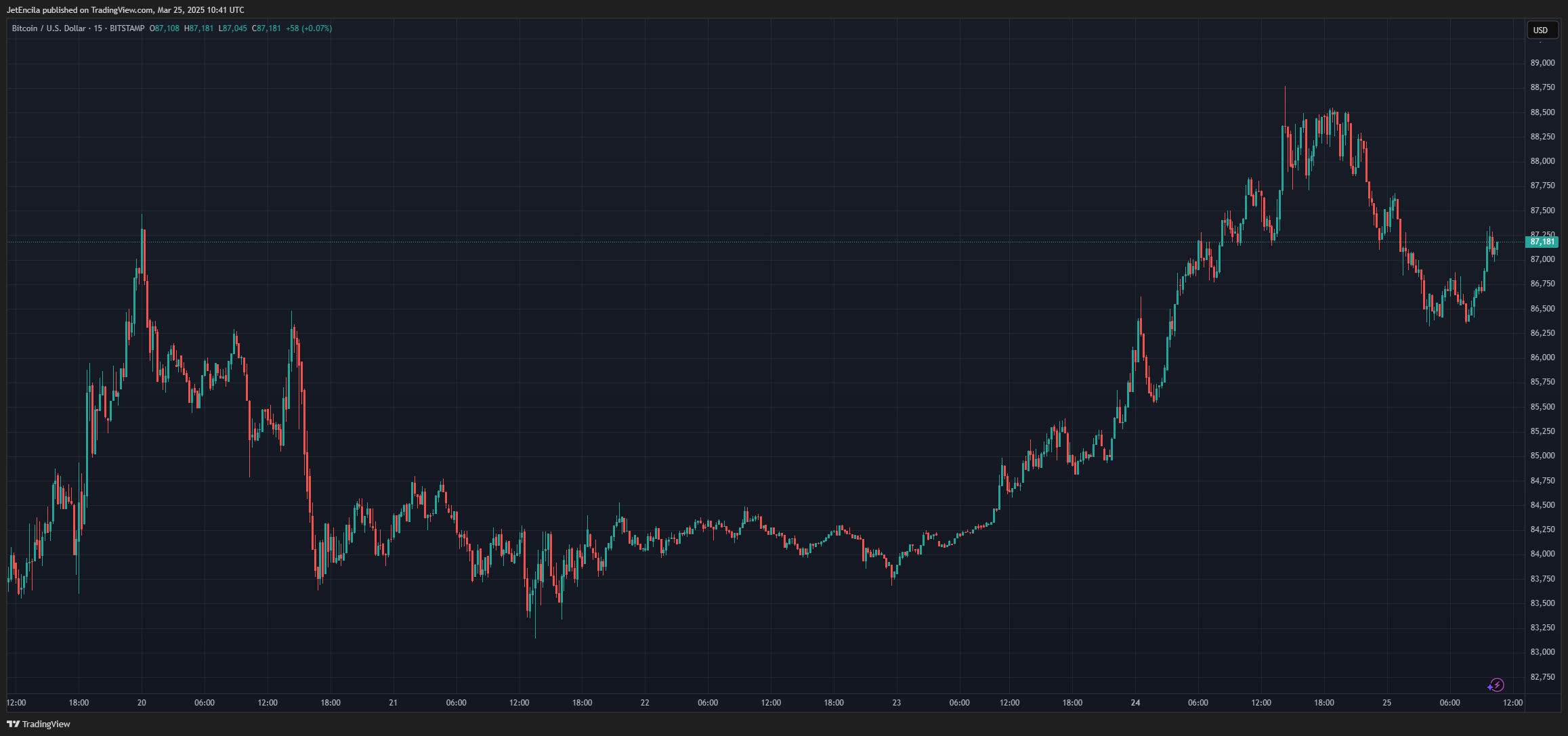In a move that left the financial world gasping like a goldfish on a hot pavement, global regulators have unveiled the first set of rules to measure cryptocurrency transactions. This, dear reader, is no small feat—it’s akin to teaching a cat to fetch or convincing a butler to take a day off. The International Monetary Fund, in its infinite wisdom, has issued its seventh Balance of Payments Manual, bringing forth uniform regulations to monitor Bitcoin and other virtual currencies. One might say they’ve finally decided to join the 21st century. 🎩
Mapping The Crypto Landscape
According to IMF reports, over 160 nations have come together to create a new framework that fills the yawning chasm in monitoring digital asset flows. Cryptocurrency transactions, which are estimated to be in the trillions of dollars annually, have long been as unrecorded as a butler’s secret stash of brandy. 🥃
Breaking Down Digital Assets
The guide proposes a comprehensive classification system for cryptocurrencies. Bitcoin, for example, will be accounted for as a non-produced, non-financial asset—much like how nations account for land or natural resource rights. Stablecoins such as Tether will be identified as financial instruments, while crypto services like mining and staking will be classified under computer services exports. It’s all very orderly, like a well-stocked pantry. 🧐
IMF Updates Crypto Classification in Global Finance
The International Monetary Fund (IMF) has updated its Balance of Payments Manual (BPM7) to better account for digital assets.
Bitcoin is now classified as a non-produced nonfinancial asset, while stablecoins and tokens…
— Cryptic (@Cryptic_Web3) March 23, 2025
Global Governments Take Notice
Two nations have taken significant steps in cryptocurrency governance. The United States has formed a strategic Bitcoin reserve, holding about 200,000 BTC, mostly obtained through lawful seizures. Former President Donald Trump signed an executive order blocking future sales of the assets. One might say he’s hoarding Bitcoin like a squirrel with acorns. 🐿️
Bitcoin’s National Experiment
Meanwhile, El Salvador persists with its Bitcoin plan. The nation has amassed 6,125 BTC, worth approximately $538 million, even after inking a $1.4 billion deal with the IMF in December 2024 that called for restrictions on cryptocurrency transactions. It’s like buying a Ferrari after being told to stick to bicycles. 🚴♂️

These national cryptocurrency reserves, as per the new guidance from the IMF, will now be monitored in the same manner as cross-border land acquisitions or spectrum license purchases. This methodology offers greater transparency than ever before, allowing nations to manage digital assets with the precision of a butler polishing silverware. 🍴

Community Reaction
The IMF has just recognized Bitcoin as defacto digital Gold.
SOURCES confirm the IMF is adding Bitcoin to their own reserves and will soon include Bitcoin in their SDR basket/ index as well.
— Max Keiser (@maxkeiser) March 23, 2025
Cryptocurrency-using countries will be the ones to gain the most from these new reporting formats. In Nigeria alone, for instance, more than 35% of adults claim to use or possess cryptocurrencies, as revealed in a 2023 KuCoin report. It’s like discovering that everyone in the village has been secretly brewing their own tea. ☕
Though the guide does not give legal status to cryptocurrencies, it is an important step towards realizing their international economic significance. Banks and governments will be able to track and report cryptocurrency transactions across borders using clear and consistent methods. It’s like finally getting a map to navigate a maze. 🗺️
The IMF upgrade marks an increasing recognition of cryptocurrencies as a significant element of the global finance system, despite controversies surrounding their future role. One might say it’s a step forward, though some will undoubtedly trip over their own shoelaces. 👞
Read More
- PI PREDICTION. PI cryptocurrency
- Gold Rate Forecast
- WCT PREDICTION. WCT cryptocurrency
- Guide: 18 PS5, PS4 Games You Should Buy in PS Store’s Extended Play Sale
- LPT PREDICTION. LPT cryptocurrency
- Despite Bitcoin’s $64K surprise, some major concerns persist
- Solo Leveling Arise Tawata Kanae Guide
- Shrek Fans Have Mixed Feelings About New Shrek 5 Character Designs (And There’s A Good Reason)
- Elden Ring Nightreign Recluse guide and abilities explained
- Jack Dorsey’s Block to use 10% of Bitcoin profit to buy BTC every month
2025-03-25 17:45